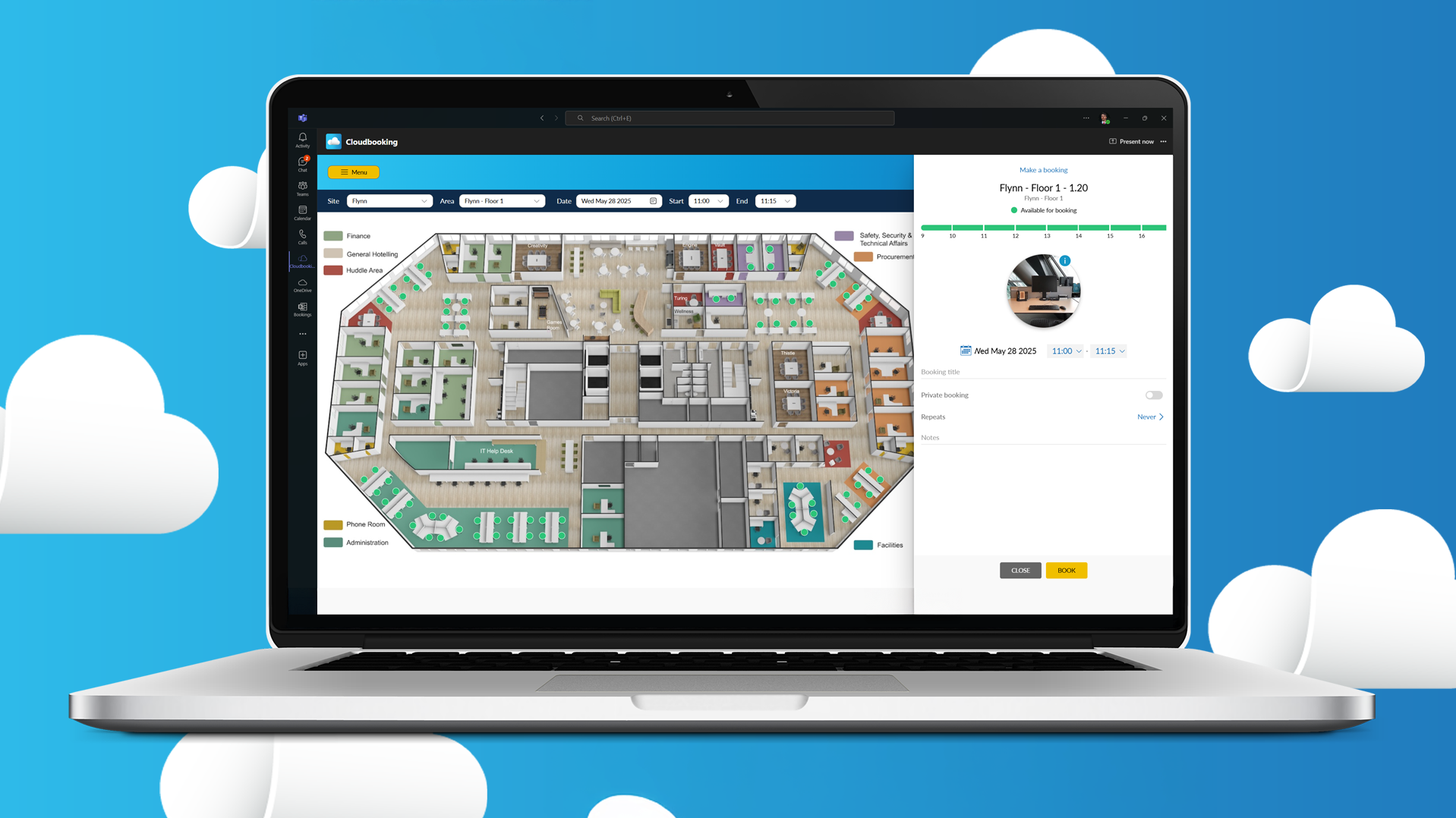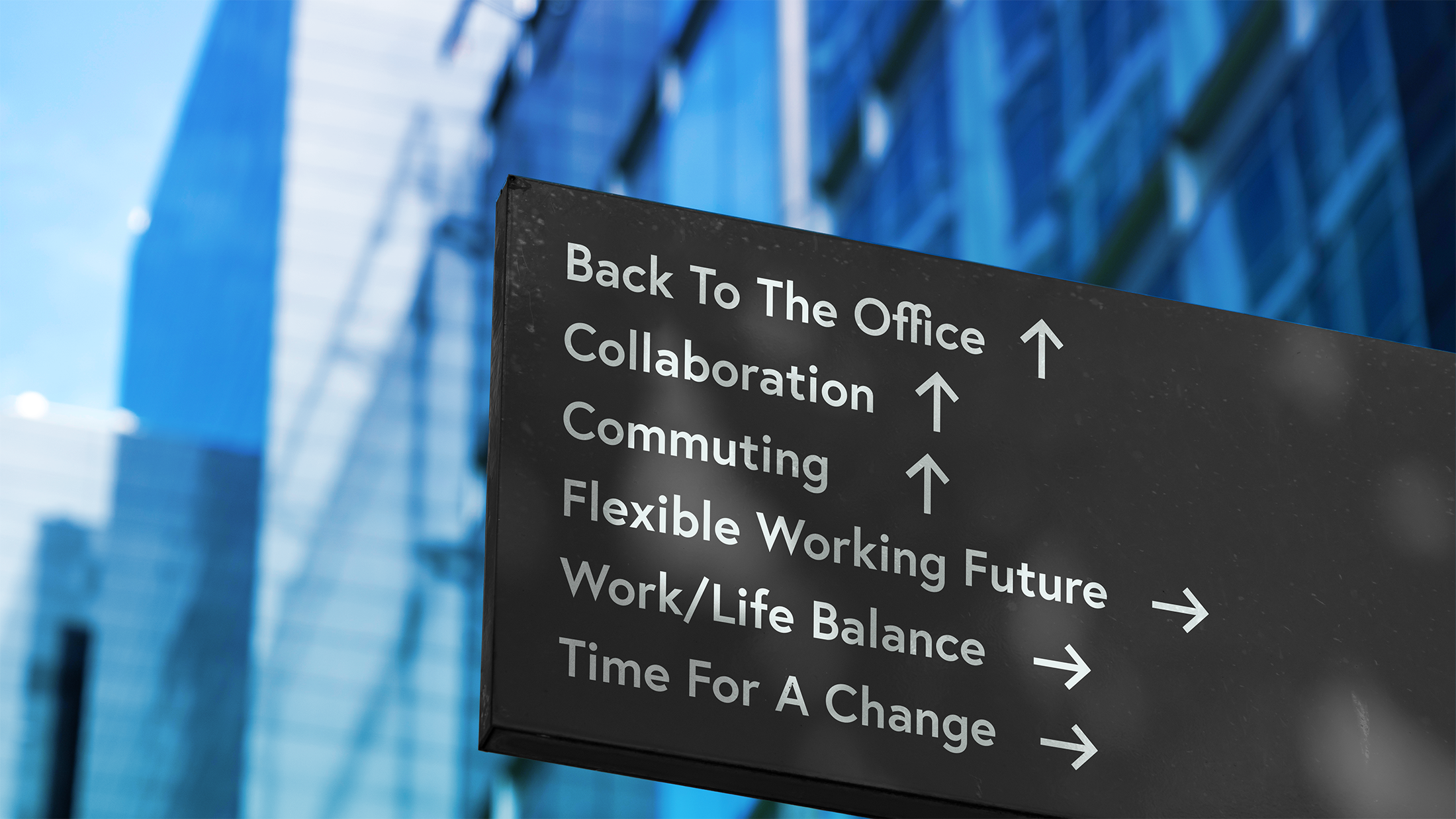
Even small changes can have a massive effect on productivity.
Get a free demo
Enquire about a no-obligation demo today and get an exclusive hybrid working research paper — for free. Created in partnership with YouGov, this invaluable guide provides essential insights into developing your own effective hybrid strategy. Click below.
How embracing technology can improve productivity and boost the economy for everyone.
Whilst previous UK economic downturns have always seen a bounce back in economic growth following an initial dip in productivity, 2008’s financial crisis has been different. In the years since the last UK recession, productivity has remained low, in spite of the reduction in unemployment levels.
The UK economy has only grown by 9.7% since the downturn. Only returning to its pre-recession size in quarter two 2013, the slowest recovery in terms of output since the 1920s.
Last year in particular, the UK slipped to the bottom of the table when it came to growth in its economy. As other EU countries experienced growth, the UK saw a slowdown.
This is surprising, considering that the unemployment rates have dropped a staggering 4% in the past four years. Reaching a 40-year low of 4.3%.
One would think that employment and productivity were connected, however, this doesn’t appear to be the case at present. The Netherlands, Germany and the US, each with similar or better employment rates, have a 30% or greater advantage in the output generated for every hour worked.
Maybe this is because, the UK has shifted from achieving its growth from output underpinned by improved efficiency of its workforce, towards growth from just employing more workers employed for longer hours.
The benefits of improved productivity
In my opinion, this is the wrong approach. My philosophy is: it’s not about having more people employed, it’s about getting the most out of the people you have. If your current employees can achieve more in less time, then your productivity goes up. Costs then go down and you have more money to invest in other things, such as expanding your company. Additionally, if the UK raised its productivity by just one percentage point every year, within a decade it would add £240 billion to the size of the economy. The equivalent of £9,000 for every household in Britain, according to government calculations.
According to Dr Alexander Grous, at the London School of Economics (LSE): “Businesses need to embrace the tools to enable better ways of doing things. Good technology and a more flexible workforce will unlock productivity”, he said in a report entitled “Unlocking the Power of Productivity”, written by the LSE and commissioned by telecoms giant Vodafone.
Embrace technology
The LSE says that business should focus on connectivity, collaboration, and communication. It recommends: “Investing in technology and innovations can help your firm stay competitive, now and in the future.”
It appears that the UK government would agree as business Secretary, Greg Clark said, in a government report on productivity. “The way we earn and live our lives as workers, citizens and consumers is being transformed by new technologies. The UK is well-placed to benefit from this new industrial revolution and we start from a position of significant strength. We have a thriving research and science base and are home to a wide range of innovative sectors.
The LSE study states that SMEs with the biggest rise in productivity are more likely to adopt advanced technology and use it to drive innovation and productivity than their peers.
Agile working technology has considerably improved productivity for The Royal Borough of Kensington and Chelsea Council
We’ve found that by making a few small changes and introducing agile working technology, productivity can be increased considerably. The Royal Borough of Kensington and Chelsea Council found that it was losing time and money. Its employees were booking rooms or desks and then not showing up and not cancelling, meaning no one else could re-book that particular room or desk. So they asked for our help. So far, our WorkWell partnership has saved them 732 working hours in just one month. Simply by making their room booking and desk booking processes more efficient. This is just example of how Cloudbooking can help government organisations improve their sustainability and efficiency with our flexible working solutions.
Considering that space is at a premium in that part of London, with each desk costing approximately £10,000 per year. What we have achieved will not only increase productivity, but it’ll save them money in the long run.
Create an agile workforce
At Cloudbooking we all work remotely and always have done. This helps me to hire the best, most talented workforce, as I am not restricted by location. I find that by giving my colleagues flexibility to fit their job around their home life, it means that they’re more likely to be more focused at work and buy into what we’re trying to achieve. It’s also helped me to maintain a high level of staff retention. Our Employees are people who are genuinely happy in their roles. Don’t get me wrong, face-to-face is still important. That’s why we now have an office in London, where we meet regularly to discuss strategy and development ideas.
It appears that we’re not the only ones benefitting from flexible working. According to the LSE report, which surveyed 8,000 companies in 10 countries on their flexible working practices.
- 61% of respondents said their company’s profits increased.
- 83% said their productivity increased.
- 58% said their organisation’s reputation benefited as a result of flexible working practices being introduced.
Additionally, more than two-thirds of workers who made use of smart working practices said that flexible working enabled them to work more intently.
Digital generation
“The ‘always on’ organisation is meeting the ‘always available’ digital generation, with potential benefits accruing to both if this union is managed appropriately,” says the LSE in its report.
It believes that this is already having a significant impact on how businesses adopt and use ICT. And that’s going to become even more marked as millennials move into senior management positions.
By managing employees well, giving them the option of flexible working and equipping them with the technology they need to succeed, promotes job satisfaction and thereby raises productivity. It’s all about working smart in this day and age; achieving more in fewer hours!


